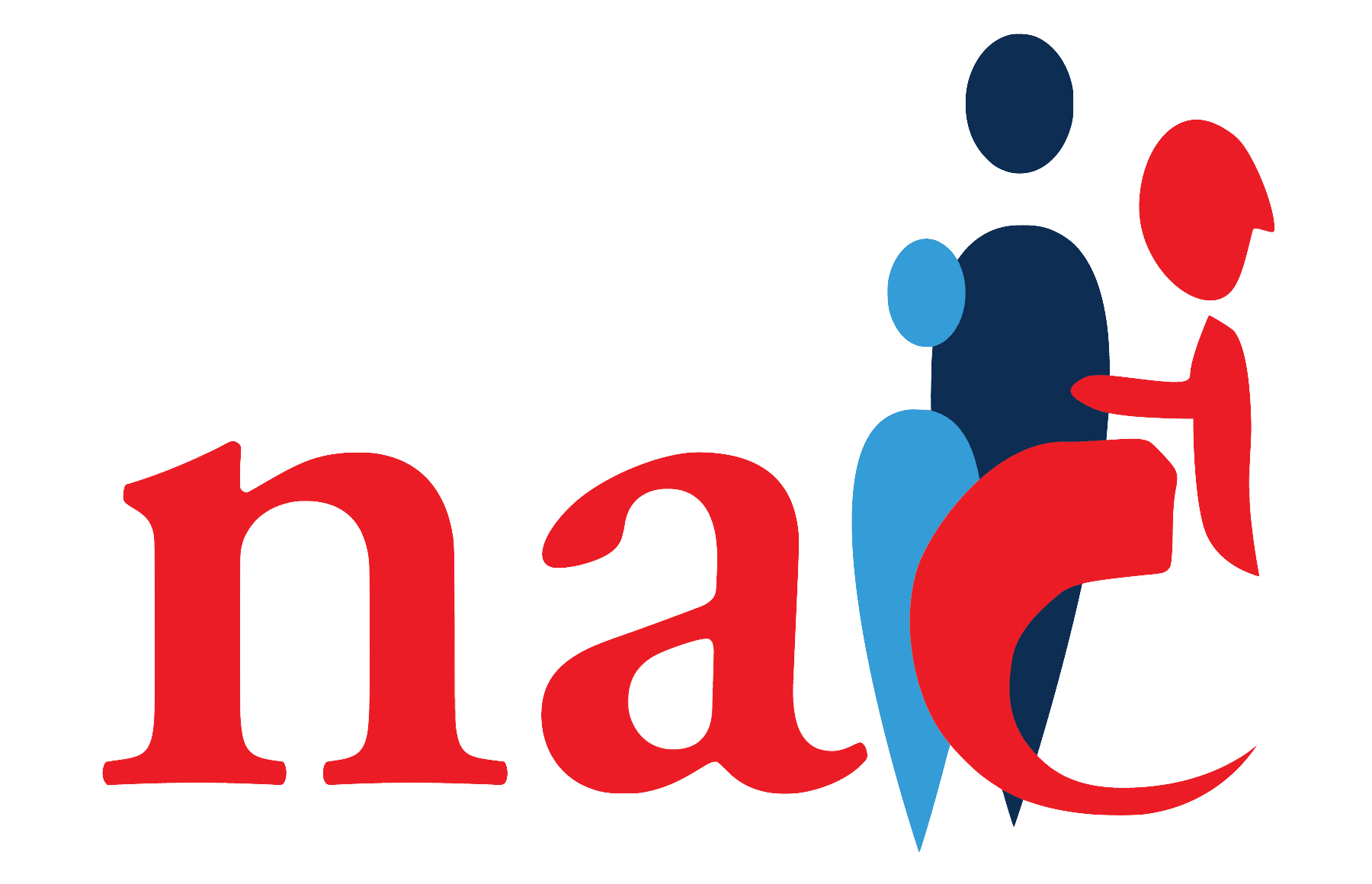Martha is the care partner to her wife, who was diagnosed in late 2016 with stage 4 metastatic lung adenocarcinoma. At the initial diagnosis, the resources provided to Martha by the medical team as a care partner were minimal. Martha, who is a licensed clinical social worker specializing in end of life care, was especially struck by the fact that a meeting with the cancer center social worker wasn’t offered to her as an opportunity to discuss community resources such as support groups, referrals for assistance, or counseling. Martha and her wife had three children under the age of 18 years old at home and were just given a dire terminal prognosis. More could have been offered to them.
Living in New York, Martha and her wife haven’t experienced problems getting culturally relevant support or resources as a same sex couple. Martha did note that there have been a few times that healthcare individuals would assume they were sisters or good friends instead of a married couple but that it never impacted the care received. In a time of high stress and worry over navigating an already complicated healthcare system, having to explain what her relationship was added another layer of burden to the experience. Martha is hopeful that as we are progressing forward those things will change and become easier for same sex couples. Another thing Martha noted was that despite being heavily involved in lung cancer communities, there have been few same sex couples she and her wife have met, which raises some questions as to where LGBTQ+ caregivers and patients are receiving support and resources.
As a therapist, Martha was able to connect with patient advocacy groups via her own networks and through social media private groups for specific caregivers. Without her having this prior background, it may have been more challenging for Martha to navigate these opportunities.
Ultimately, caregivers need to be met at medical institutions and centers. If the staff at these institutions don’t have resources or specific support available, patient advocacy groups should have a role there to ensure caregivers are getting the information they need and are seeking.
Though connecting with other lung cancer caregivers or even LGBTQ+ caregivers would be helpful, Martha doesn’t feel like she needs people to identify the same way as she does or to even have the same experience as her for her to feel supported, It didn’t have much significance to Martha if there was a fellow lung cancer caregiver who was part of a same sex couple but more that the person is a caregiver in general. Martha and her wife have become dedicated advocates in their communities through this experience. What’s most important to them is that those facing health hardships in the future find better support from the time of diagnosis. Martha feels we have a responsibility to take care of each other and make the way a little easier as much as we can.
